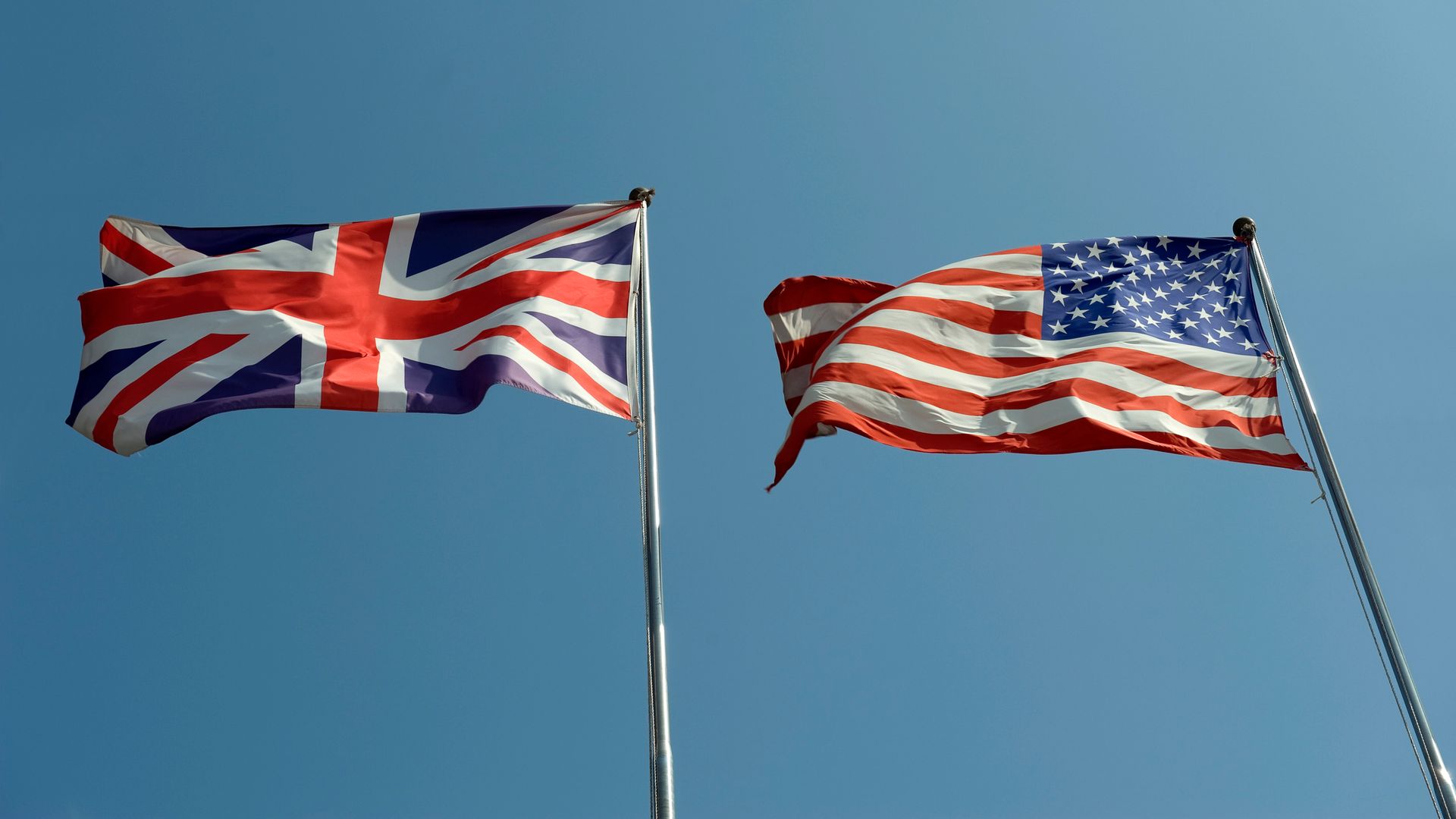What if Britain has, almost entirely by accident, navigated itself into about the best possible position it could be in, as Donald Trump embarks on a trade war with nearly all his economic partners?
I realise this might, at first, sound a little odd. After all, when the world is facing economically-destructive measures (blanket tariffs are invariably value-destructive, in the short run at least) it’s hard to see much in the way of victories. Moreover, when it comes to Donald Trump, no one, including his own cabinet and staff, can quite predict what will happen next. Consider the roller-coaster over tariffs in the past few days alone.
Even so, the fact remains that of all the countries and regions in the world, Britain seems much less likely than most to face the kind of peremptory tariffs the president is so keen on.
Trade war latest: Trump pauses Mexico tariffs for a month
To see why, it helps to remember that the one thing Mr Trump hates above all else is trade deficits – when you import more goods (and it seems to be goods he mostly cares about) from another country than you send there in return.
America has an enormous trade deficit with China and with Mexico too, not to mention a smaller but not insubstantial deficit with Canada. When the president talks about the reasons for his tariffs he sometimes mentions illegal fentanyl imports, but, even more often, he references the size of the trade deficits. He wants America to make more stuff domestically and suck in less stuff from overseas.
We could have a long conversation (and I suspect we probably will have a long conversation in the coming months) about the extent to which deficits are, per se, a bad thing. But in the short run let’s focus on the UK and its strengths in this game.
Trump’s ‘plans’ to shut down USAID will erode American influence in increasingly dangerous world
USAID: What is the government agency described by Elon Musk as a ‘ball of worms’?
UK and US have ‘balanced’ trading relationship after Trump tariff threat, No 10 says
First, since the UK is no longer part of the European Union, it will not automatically face the same trade terms as its neighbours on the continent. If the US imposes tariffs on the EU, Britain will not necessarily face them.
Second, if there is one country in the world with even bigger trade deficits than the US, it’s Britain. This country has deindustrialised even quicker than America, with the upshot that unlike the EU or Canada or Mexico, Britain is one of the few countries in the world to import more goods from America than America imports from it.
Footnote: that last point actually depends on whose numbers you’re looking at. Look at America’s figures and it has a trade surplus with the UK. Look at Britain’s figures and America has a trade deficit with us. But either way, both are very small. The numbers are essentially balanced.
Third, in recent months, the new Labour government has begun to improve its relationship with China. Chancellor Rachel Reeves went on a financial diplomacy mission to Beijing last month. And unlike nearly every other industrialised country in the developed world, Britain has not imposed tariffs on imports of Chinese electric vehicles.
Many diplomats have raised their eyebrows about this, but in the event that America wanted to do a deal with Britain, this is precisely the kind of thing the government could quickly reverse: “Oh alright then – in return for this trade deal, we’re willing to impose those tariffs on China – the ones everyone else has already introduced.”
Be the first to get Breaking News
Install the Sky News app for free
Read more:
Trump says Canada should be ‘cherished 51st state’
Why has Trump targeted Mexico and Canada?
How Trump’s tariffs could impact consumers
The funny thing about these three strengths is that, first off, up until recently many would have seen each of them – Brexit, our deindustrialisation and our cosying up to China – as weaknesses rather than strengths. They certainly weren’t part of any grand strategic plan.
Even so, the UK nonetheless finds itself in an unexpectedly propitious position when it comes to negotiating with the US. It has a better chance than most nations to act as a diplomatic bridge between America and Europe. Its chances of sealing that much-vaunted trade deal with the US have improved rather than deteriorated. Indeed, I’m told that leading members of the administration believe a trade deal with the UK could be sealed in a matter of months.
Whether that actually eventuates remains to be seen. After all, if there’s one thing you can’t predict when it comes to Donald Trump it’s, well, anything.





